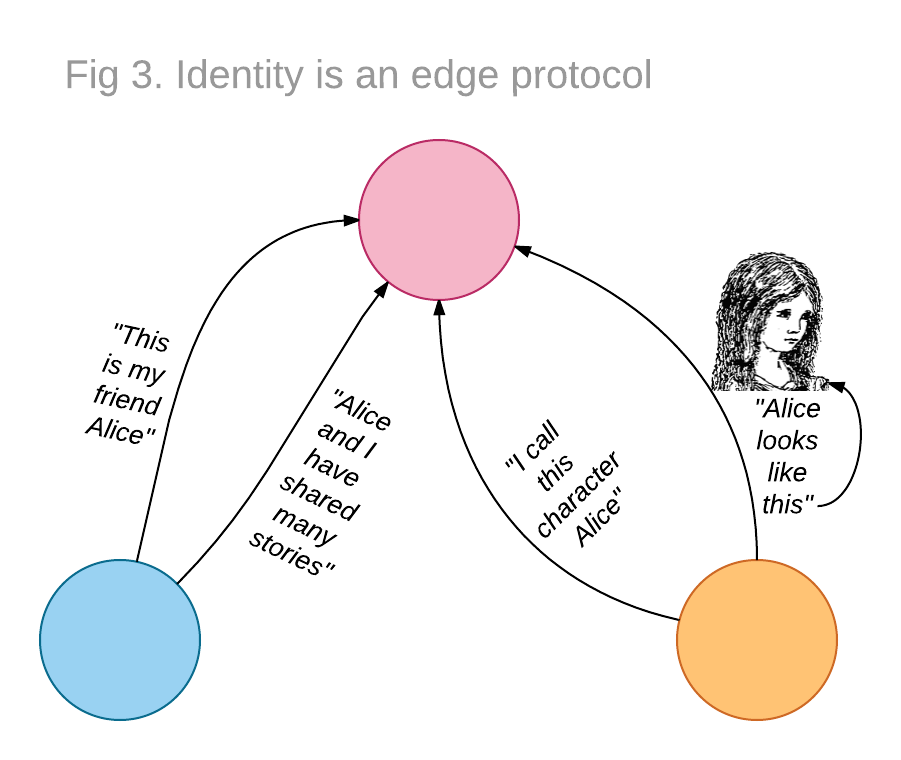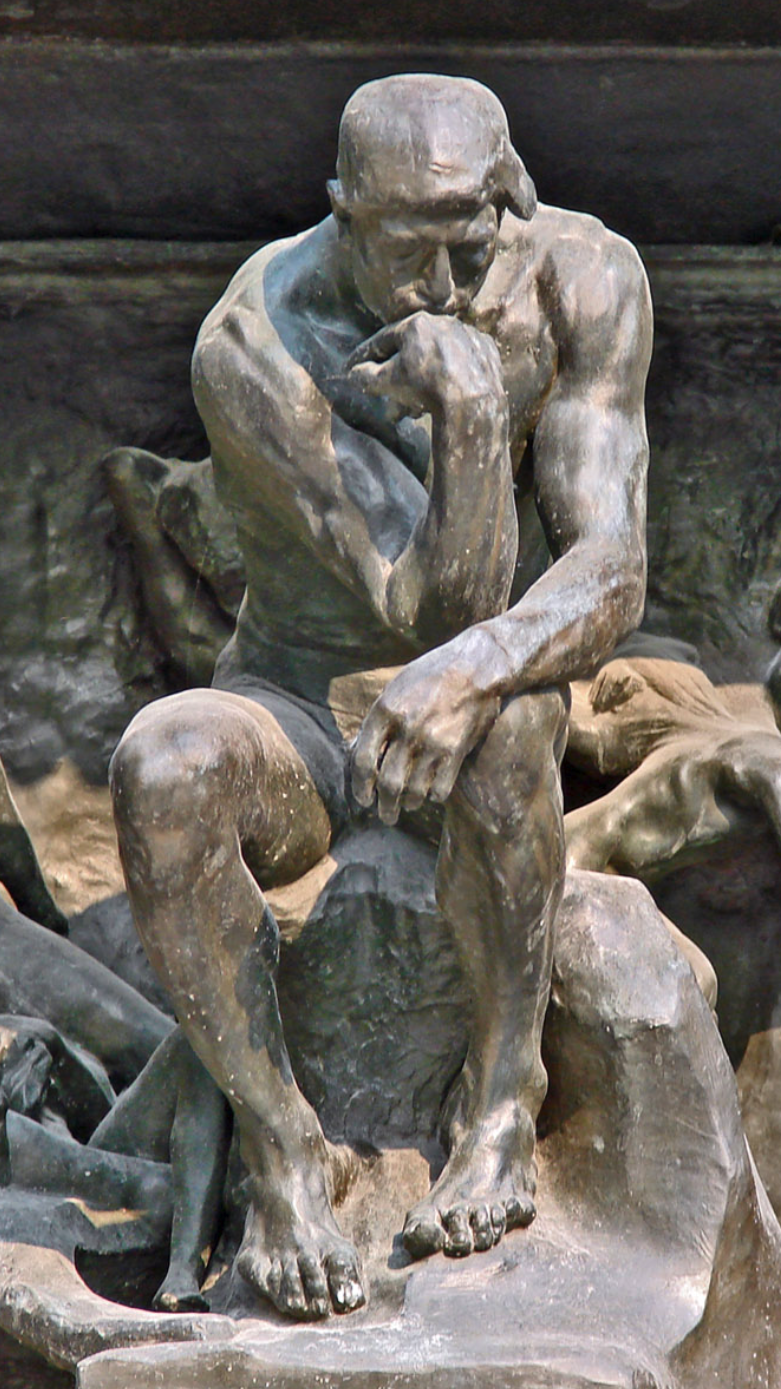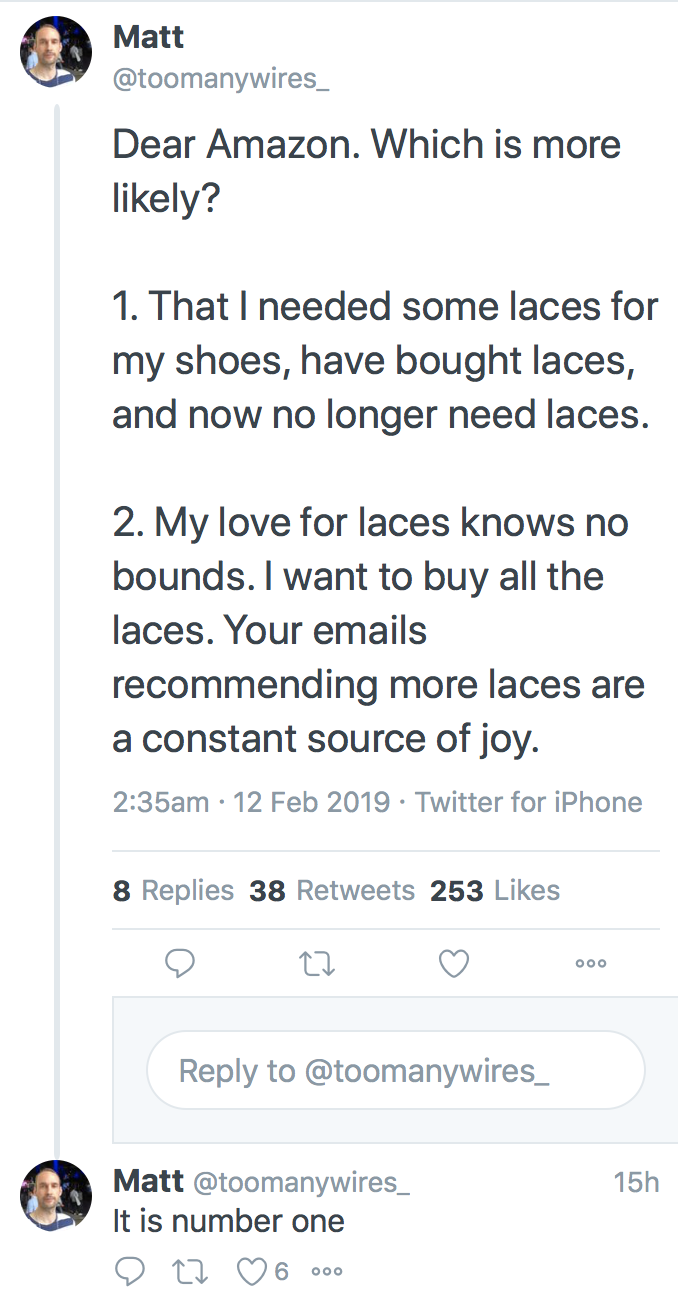February 12, 2019
4 Types of Identity
In the video I did a few years ago, I explored 4 notions of Identity. These have seemed to survive some scrutiny, a little test of time. It appears a bit easier to call them by labels, but words can be too political. NB: now in Chinese: 四种身份认证的类型.
How about numbers? There are four Types of Identity. They are:

Type 1 - your State ID
The state is the one that started the concept of identity as a national system. Reputedly all the way back to Napoléon who invented the passport for young men to show they had done their national service.
Napoléon's design was meant to stop nationals from leaving the country. These days it is the reverse in both meanings - the modern day passport is meant to stop foreigners entering the country.
A definition of Type I would be a document that was issued to a single person to uniquely identify that person and grant a limited number of rights. For a passport, entry to home country. For a driver licence, right to drive on public roads. For those countries with state IDs, these tend to be required for a much larger range of services.
The state's ID goes a bit beyond just the passport. It starts at registration of birth, and a certificate for that event. This makes the birth certificate a 'breeder document', which sounds like an unfortunate choice of words. As many of us have lost our birth certificates, we have to revert to "transcripts" or "copies" when some other document is needed, and so the modern paperchase is begun.
Other than travelling, the primary use case for state ID is to restrict services. Without, you cannot have them. This has the unfortunate side effect of casting a lesser or larger number of people into the zone of exclusion, such that their rights are taken away from them for absence of the appropriate Type I Identity.
Note that ID stands for Identification Document, not for Identity. But the two are commonly and ignorantly commingled, and to use them in the same sentence is a sign that the author is short of full understanding.
Type 2 - I am who I think I am
Normally when we talk about identity, we talk about what's in our heads - our consciousness, our personality, our secret fears and desires.
Psychologists view identity as starting at birth - with the baby as basically an empty vessel. Baby finds Mother, but it is only the appearance of other persons such as Farther that causes baby to question what these persons really are; and by a process of triangulation to realise that baby is someone too.
Baby becomes child becomes adult - through 20 odd years of experiences. Layered, simultaneous, emotional and boring.
The result is the new adult's Identity. Which has nothing to do with the above, the state's "Identity." Which in part explains why the state and others like the corporation have so much difficulty. What they call "my identity" is in complete denial of what I call my Identity, and while they keep doing that, I'm resistant.
Type 3 - Corporate Records
Unlike the state, the corporation has more limits on defining who you are, and has to make do with collecting information from other sources. To make up for this disadvantage corporations have collected more and more data, to the point where they might have challenged and overtaken the state's erstwhile monopoly.
From school to employment to Facebook, the collection of data that each call their copy of your identity has grown. How big? The number of bytes do not matter, what does matter is that no one person in the corporation knows what it all is, nor what it means.
Nor would you if you were given it or asked to control it. But no matter how much we dislike it, we are captured. None of us could turn off our job, resign from Facebook, search for the end of google, decline to be Amazon Premium. As Pam Dixon hints, we're owned by someone, just not sure who:
"The issue of who owns identity is particularly contentious, and we will not delve into that topic here. Suffice it to note that there is much disagreement about who owns identity. Each stakeholder — individuals, governments, corporations, and so forth, have a different answer."
It is fair to say that this type of Identity is out of control. It's certainly out of our control. And states have no effective control given the paucity of effect their laws have had, with the exception that proves the rule being the EU's recent GDPR. One might like to think that at least the corporations are in control of the collection, but that is hard to see as there is simply too much of it for one person to understand.
Imagine there was a data controller at Facebook who handled Your Identity. You know, appointed under GDPR. A person you could have a chat with, much like a therapist or a priest or a grandmother. She could delve into the collection of you and answer all your questions, because she's got them, right there. Make you feel at ease. Make you feel like you belong. You're a treasured member of the family.
Not really. People can't do that. People can't delve so deeply into the lives of others and still retain their own humanity. Type 3 Identity is therefore out of control of even the corporations that collect it.
Type 4 - I am who you think I am
Who I think I am started off with me as new born baby discovering there was Mother and Father. This neat destruction of the simple unity of Mother-me-milk-everything triggered the challenge of my lifetime - finding out who I am.
Yet, each discovery of who I am came not from me in isolation but from an interaction with another: parents, siblings, relatives, friends, school-mates, university chums... etc and etc for ever. These people play a part - it isn't just me.
My self isn't just in my head. In some bifurcated sense, my self is in my head and in the heads of everyone I interact with on a frequent basis. My peer group has one consensus on who I am. My family another. My school, yet another. Manyfold, intersectional, overlaid and rather complicated, every defined group of people has "me" within them.
This is like the social graph, but it is more than that. It is the you within you that includes a slice of me.

So what?
The primary point of the taxonomy of you, as it were, is that there are 4 strikingly different views. There is some cross-over but the contrast exceeds it in my opinion. And the clear & present danger is that, due to the very distinct foundations of each form of the word, commingling the Types is a trap.
So much so that when routinely one group talks habitually of one type, a second group is confused by assuming another form. When the state pushes its control over identity (Type 1), people get scared (Type 2). The same contradiction happens when the bank tells you that you've become victim to "identity theft" (Type 3). In some sense, we know that a bungling of identification or records with personality are a fallacious uses of the term, but we remain powerless to object to the deception.
"That's not me!"
When the CAs sell you an identity certificate, everyone ignores it, in part because it's not what it says on the tin. When Whatsapp reports back your identity (Type 4) to you, that it purchased from Amazon without your permission, likewise there is concern.
"Identity" such as it is, is a morass, doomed to failure until we clear up the terms.
The secondary point is that these terms are entirely discordant with someone's expectations. I'll go further - the clash of world views is leading us to one of the great wars of this new century, up there with pensions, financial restructuring and global warming. The silver lining is that if we lose this war for our identity, we won't have to worry about global warming because animals don't care about the weather, that's the farmer's job.
The tertiary point is that Type 4 somewhat survives the devastating critique of modern abuse. What my friend thinks of me is so far unabused territory, albeit with some knocks from the mostly superficial efforts of social media farmers. It's also digitally sane, assuming the concept of reliable statements, which can only be done with real and intentional consent. So it's actually protected from abuse, because Facebook and google and Amazon cannot touch real. But it's also possible to implement in the worst possible ways, taking us back grim visions of 1984 and Stazi-run East Germany.
Nobody's really finished the book on this as yet, but we're working on it. Watch this space.
Editor's note: this post 4 Types of Identity is also now in Chinese: 四种身份认证的类型 thanks to the extraordinary efforts of @lochaiching. Posted by iang at February 12, 2019 06:08 PM
Also see 'domains of identity' at https://www.slideshare.net/Kaliya/domains-of-identity
Posted by: iang at April 3, 2019 04:20 PM>Napoléon's design was meant to stop nationals from leaving the country. These days it is the reverse in both meanings - the modern day passport is meant to stop foreigners entering the country.
Not exactly. At least in the US, before you can get a passport you have to get clearance from the Internal Revenue Service. Instead of testifying that the holder has completed military service, the present day US passport testifies that the hold is current on taxes.
Posted by: Paul Schauble at September 20, 2019 03:20 AM

